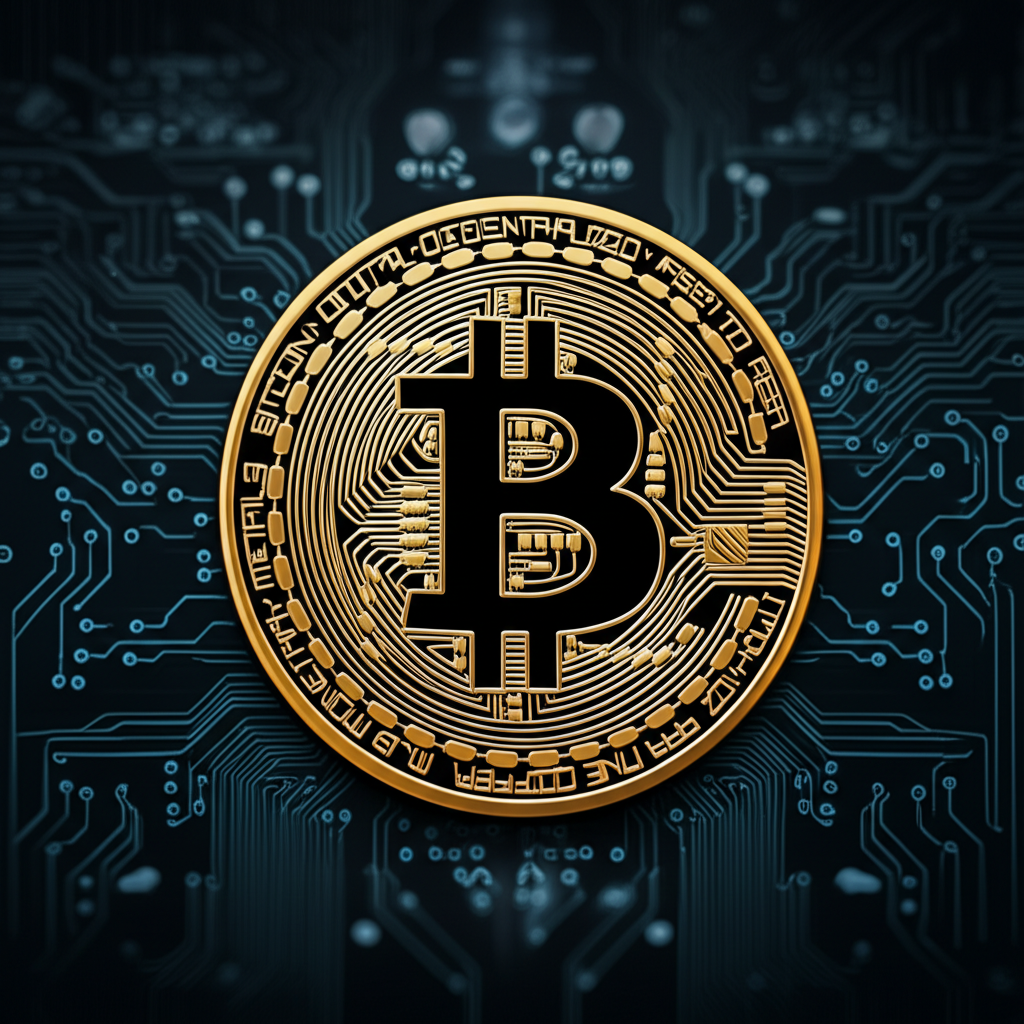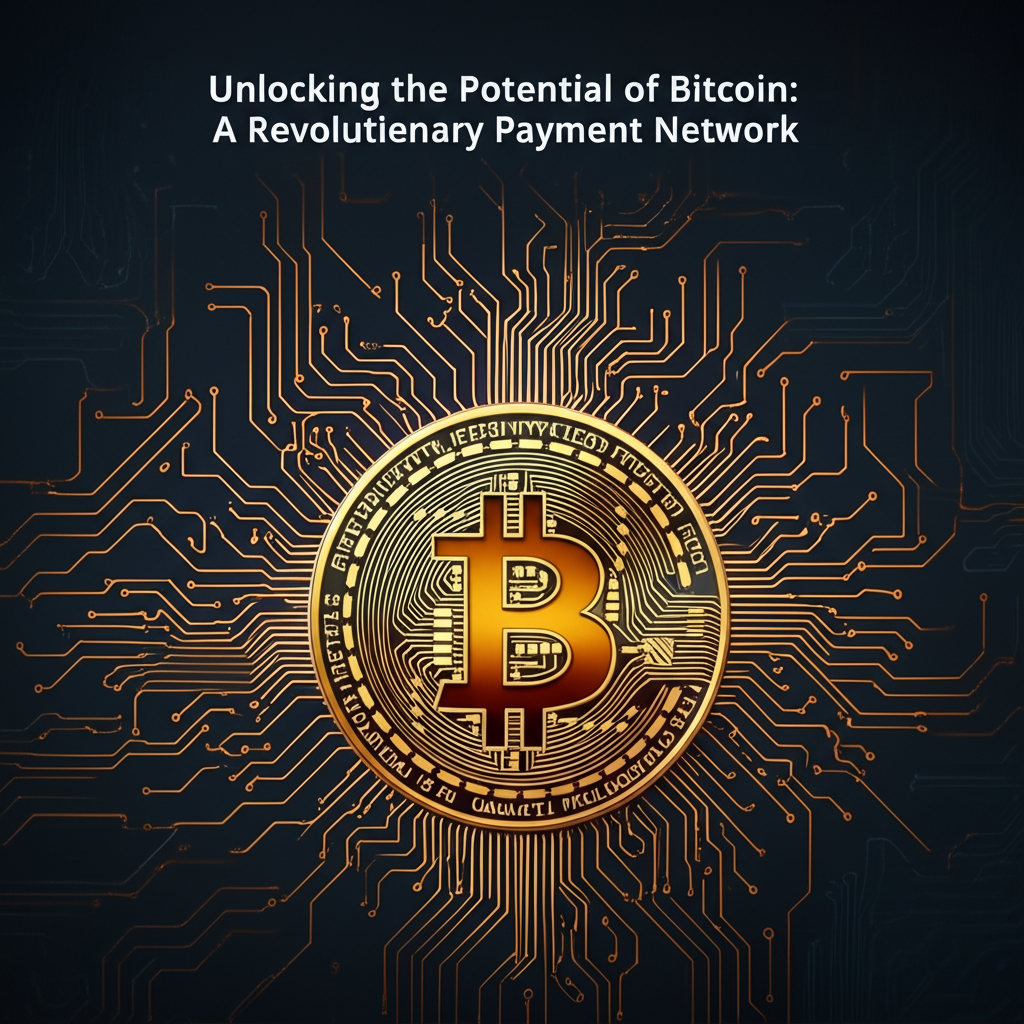Contents
Bitcoin Revolution Hits Mainstream Markets

Unlocking the Potential of Bitcoin: A Revolutionary Payment Network
In a world where traditional banking systems are often slow and inflexible, a new player has emerged as a game-changer in the financial landscape. Bitcoin, the first decentralized cryptocurrency, has been making waves since its inception in 2009. With its peer-to-peer technology, Bitcoin operates without central authority or banks, managing transactions and issuing bitcoins collectively by the network.
Fast Peer-to-Peer Transactions
One of the most exciting aspects of Bitcoin is its ability to facilitate fast and secure transactions globally. Unlike traditional payment systems that require intermediaries, Bitcoin’s decentralized nature allows for direct communication between parties, reducing the need for middlemen. This results in significantly lower processing times, with transactions typically taking just a few minutes to settle.
For instance, in 2014, a person was able to send 1,500 Bitcoins from Japan to California in under an hour, highlighting the speed and efficiency of Bitcoin’s peer-to-peer network. With this level of transparency and security, businesses can now expand their operations globally without being hindered by traditional payment limitations.
Worldwide
Bitcoin’s global reach also makes it an attractive option for individuals and companies looking to make international transactions. Unlike traditional currencies that are tied to specific countries or regions, Bitcoin allows users to send and receive funds across borders with ease. This is particularly useful for freelancers, entrepreneurs, and anyone who needs to conduct business globally.

For example, a freelancer living in the US can easily receive payment from clients in Europe using Bitcoin, without the need for currency exchange or bank fees. With this level of convenience and flexibility, the global economy has become more interconnected than ever before.
Low Processing Fees
Another significant advantage of Bitcoin is its low processing fees. Unlike traditional payment systems that charge exorbitant fees for transactions, Bitcoin’s decentralized nature allows for lower transaction costs. These savings can add up quickly, making it an attractive option for individuals and businesses looking to save on transaction expenses.
In fact, a study by the Cambridge Centre for Alternative Finance found that Bitcoin’s average transaction fee is less than 1% of the transaction value. This level of transparency and efficiency makes Bitcoin an exciting option for anyone looking to make payments with ease and affordability.
Conclusion: The Future of Money
As we continue to navigate the rapidly evolving landscape of digital finance, it’s clear that Bitcoin is at the forefront of innovation. With its fast peer-to-peer transactions, global reach, and low processing fees, this revolutionary payment network has the potential to disrupt traditional banking systems forever.
But as we look to the future, one question remains: will Bitcoin become the new standard for money? Only time will tell. However, one thing is certain – Bitcoin’s impact on the financial world is already being felt, and its innovative approach to payments is set to shape the way we think about money for generations to come.


































![Top 7 Best PlayStation Emulators for Android [2021] Best PlayStation Emulators for Android](https://mobupdates.com/wp-content/uploads/2017/09/1-Copy-6-100x70.png)









 Online casino
Online casino